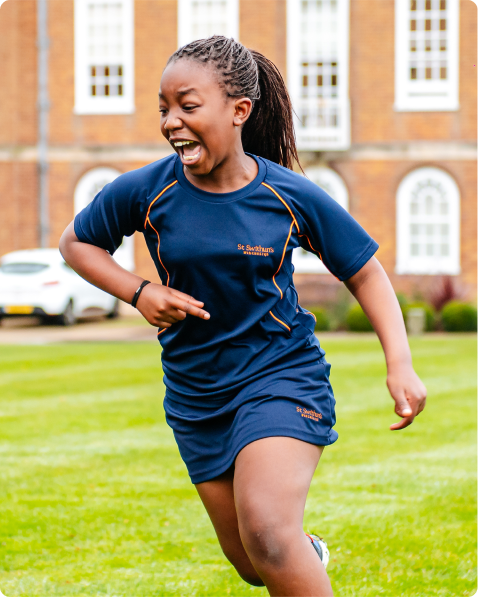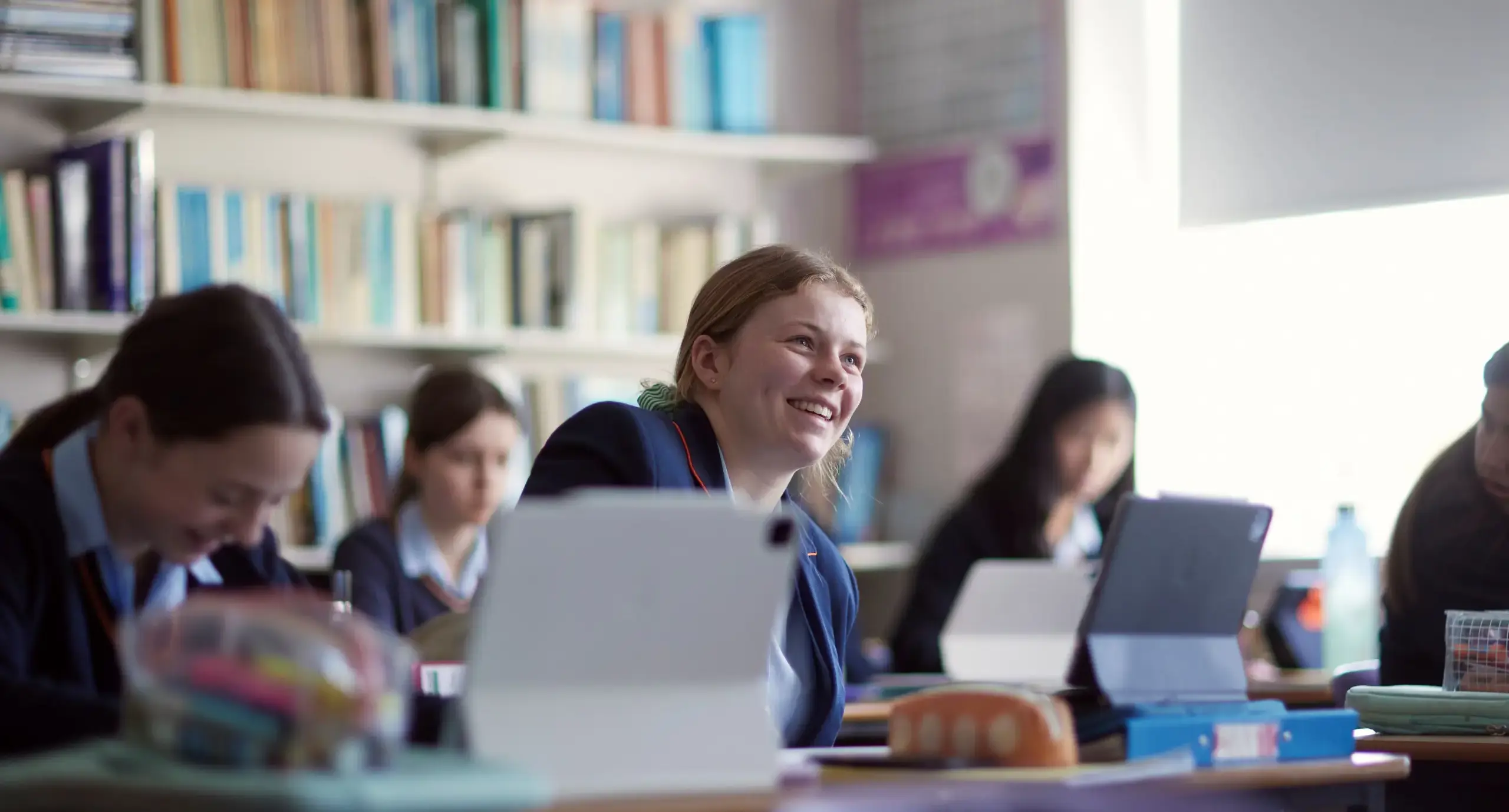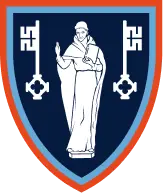 |
St Swithun’s has an outstanding academic record and we are very proud that our students achieve excellent results. They normally progress to their first-choice universities and the school enjoys a long and successful association with Oxford, Cambridge and other leading UK universities. |

We are even more proud of being “appropriately” academic. This includes getting the balance right for each girl so that purposeful work, effective study and enjoyment of co-curricular pursuits complement one another in a healthy, sustainable way. We encourage our students to appreciate that no matter how glittering the academic prize, the journey matters more.
The learning journey enables girls to understand that intellectual ability is not fixed at the point they join us but that it can be developed over time through perseverance and a willingness to try new things and respond to feedback. Making mistakes is important because that is often when the best learning takes place.
We value girls’ independent learning and encourage them to be daring in their thinking. Girls learn to stimulate their intellectual curiosity through reading, asking and debating, and also learn when to listen, absorb and contemplate.
Teaching staff are determined to draw the very best out of each student and to inspire them through their own passion about their specialist subjects. They combine traditional methods with innovative ideas to develop confidence. They are dedicated to helping each individual succeed and are generous with their time, offering one-to-one support when needed.
Your daughter’s learning journey will develop her academic wellbeing, intellectual enthusiasm and social confidence, giving her a set of skills to carry her through further education and beyond, towards a life fulfilled by work, relationships and service to society.
The curriculum at St Swithun’s is broad, balanced and designed to enable each individual to fulfil her intellectual, physical and creative potential through a dynamic range of lessons and activities.
At appropriate points the academic curriculum emphasises flexibility and individual choice so that each girl can select a combination of appropriate subjects that enable her to pursue her interests whilst supporting a range of future options. This balance is underpinned by open communication and a working partnership between staff, parents and students.
All girls follow our PHSE programme, Thrive, and our Stretch enrichment programme.
Physical education empowers girls to participate in a wide range of team and individual sports. Both in lessons and as recreational activities, the emphasis is on personal enjoyment and the development of an active life. Students receive expert coaching and the most talented individuals and teams are entered into county, regional and national competitions.
The learning support department provides bespoke support for girls who may be experiencing difficulties with different aspects of their academic studies.
Girls for whom English is not their first language have second-language (known as EAL) lessons either individually or in small groups so that they may enhance their skills in written and spoken English.
Register your interest
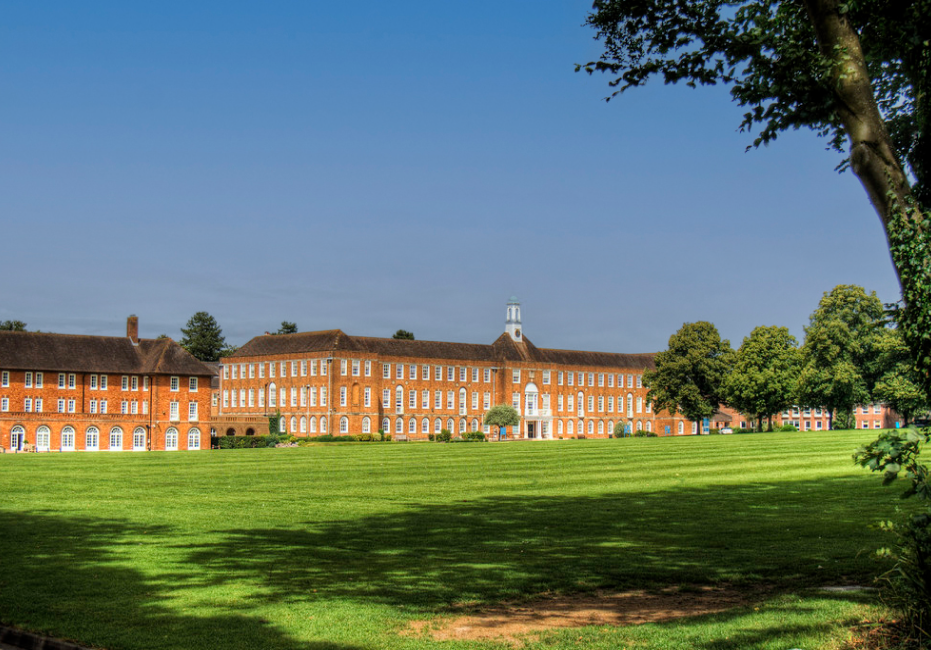
Admissions
Our friendly admissions team is here to guide you through each step from your initial enquiry to final enrollment. For more information on the admissions pathway visit our admissions page.
